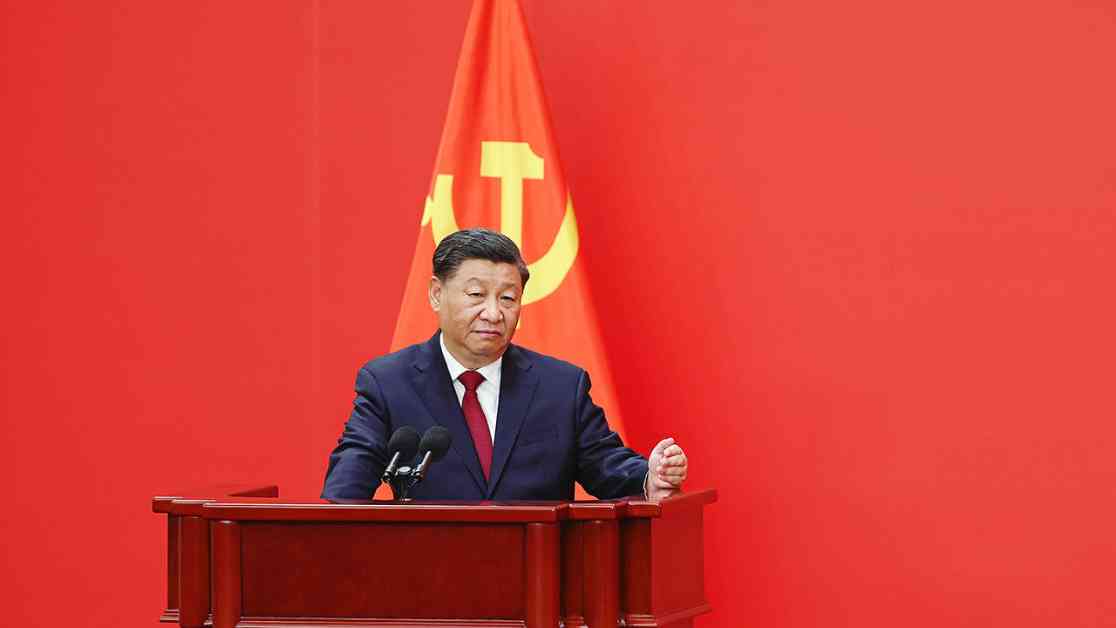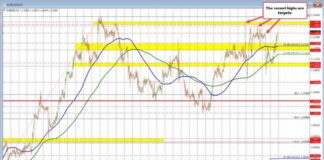Xi Jinping’s Unconventional Economic Advisor
In the realm of economic advice, Xi Jinping, the President of China, has turned to an unlikely source for guidance. Zhou Qiren, a professor at Peking University, has caught the attention of the Chinese leader with his unorthodox approach to economics. What sets Zhou apart from many of his counterparts is his hands-on experience and deep-rooted understanding of incentives and constraints in various economic settings.
A Unique Perspective
Zhou Qiren’s journey to becoming an esteemed economist was far from conventional. During China’s cultural revolution, he spent a decade working in the countryside, where he witnessed firsthand the stark contrast in productivity between individual farmers tending to their private plots versus working on collective land. This experience shaped his views on incentives and behaviors in economic systems, leading him to approach economics from a practical, grounded perspective.
Ground-Up Approach
Unlike many economists who rely on abstract theories and models, Zhou Qiren’s methodology involves studying real-world cases and examples. He immerses himself in different environments, from rural villages to bustling cities, to observe how economic incentives play out in everyday life. By starting with concrete situations and working his way up, Zhou is able to provide insights that are both practical and insightful.
Zhou’s unconventional approach has not gone unnoticed by Xi Jinping, who values his unique perspective on economic matters. In a world where traditional economic theories often fall short in explaining complex real-world phenomena, Zhou’s hands-on approach offers a fresh and valuable lens through which to analyze economic challenges and opportunities.
Implications for Chinese Economic Policy
As Xi Jinping seeks to navigate China’s complex economic landscape, Zhou Qiren’s advice could prove to be a valuable asset. By tapping into Zhou’s deep understanding of incentives, behaviors, and constraints in various economic settings, Xi Jinping may be able to craft more effective policies that resonate with the realities on the ground.
Zhou’s emphasis on the importance of incentives and constraints could also shape China’s approach to addressing key economic issues such as income inequality, sustainable development, and innovation. By grounding economic decision-making in practical observations and real-world examples, Zhou’s advice may help steer China towards a more sustainable and equitable economic future.
In a world where economic challenges are becoming increasingly complex and interconnected, unconventional thinkers like Zhou Qiren bring a fresh perspective to the table. By looking beyond traditional economic theories and models, Zhou offers a valuable reminder that economic systems are ultimately driven by human behaviors, incentives, and constraints.
As Xi Jinping continues to seek out diverse sources of economic advice, Zhou Qiren’s unique approach serves as a compelling case study in how unconventional thinking can lead to innovative solutions. By embracing different perspectives and methodologies, leaders like Xi Jinping can navigate the complexities of the modern economic landscape with greater insight and foresight.

















